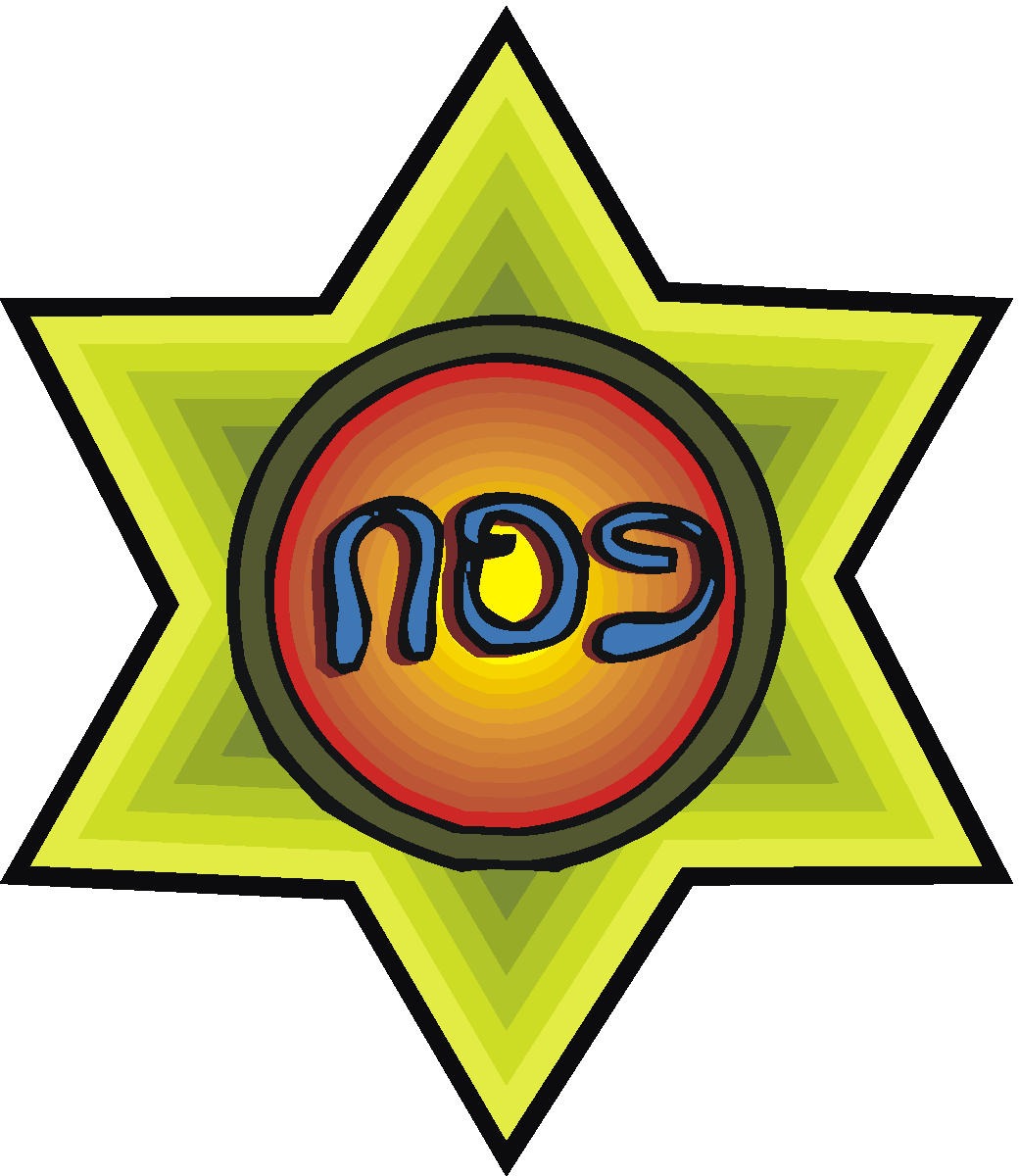This is a 3-part series studying the Chinuch Halachos for Pesach. We begin our study with the search for chometz, the fast of the first born and the prohibition of eating matzah on Erev Pesach.
Today’s topic will address Bedikas Chametz and Erev Pesach.
A. Bedikas Chametz
1. The Rabbinic mitzvah of bedikas chametz requires a Jew to search his home and property for chametz on the night of the 14th of Nisan in order to remove all chametz from his possesion.
2. This mitzvah is not incumbent upon an individual, but upon each household. A homeowner may appoint a representative to perform this mitzvah.
3. Parents are not required to have their children fulfill this mitzvah. Some parents who involve their children in the search for chametz, should go over the areas searched by the children. However, if they fail to do this, they may rely on the Shulchan Aruch which states that ex post facto (di’eved) one may accept the word of a child who has reached the age of chinuch that a particular area is chametz-free. [1]
B. Ta’anis Bechoros (Fast of the First Born)
1. It is incumbent upon all firstborn males, whether firstborn of the father or mother, to fast on Erev Pesach. This is to commemorate the fact that Jewish firstborns were spared from death during Makas Bechoros (Plague of the First Born) which occured on erev PEsach in Mitzrayim (Egypt).
2. If the father himself is not a bechor (firstborn), it is customary for him to fast on behalf of his firstborn son. If the father himself is a bechor, and fasts to fulfill his own obligation, some authorities rule that the mother is required to fast for her son. If the mother begins this practice, it becomes a vow which must be annulled if she wishes to discontinue it. [3] Later poskim rule that
the mother is excused from the fast if observing it will cause her discomfort, and the father’s fast is counted for the son as well. [1]
3. It is customary that the father fast on behalf of his firstborn son who is between 1 month old and bar mitzvah. [2]
4. It is customary for the fasting male to partake of a seudas mitzvah (festive meal accompanying a bris mila, pidyon haben, siyum) on Erev Pesach in order to avoid fasting. After breaking the fast at the meal, a firstborn need not resume fasting.
5. The common practice is to arrange for a siyum (completion of the study of a sacred text) on Erev Pesach. The following are guidelines for a siyum:
a) The meal that accompanies the completion of a tractate of Gemara or one of the 6 orders of Mishna is universally considered a seudas mitzvah. If this cannot be arranged, one may prepare a meal for the completion of at least 3 tractates of Mishnayos with a commentary or the completion of one of the books of Tanach with a commentary.
b) The person making the siyum need not be a firstborn. A minor may make the siyum and adults may partake of the meal.
c) Any firstborn who wishes to eat should be present while the siyum is recited. If he misses the actual siyum, but arrives while the meal is in progress, he may participate in it. If he does not attend the meal, he is obligated to fast even if food from the siyum is sent to him. [2]
6. Although some authorities require firstborn females to fast, this is not an accepted practice. The Tur reports that the German custom is for women to observe Ta’anis Bechorim based on the Midrash P’sikta Rabasi, Parsha 17, which relates how Paraoth’s daughter, Basya was
spared from the plague because she saved Moshe Rabbeinu. In some places, it is customary to bring the fasting females food from the seudas mitzvah. [3] C. Prohibition of Eating Matzah on Erev Pesach
1. Men and women alike are prohibited from eating matzah on Erev Pesach. Some communities have a custom not to eat matzah from Rosh Chodesh Nisan and others refrain from Purim.
2. This prohibition applies to any child (girl or boy) old enough to understand the story of Yetzias Mitzrayim (the exodus from Egypt).
3. Matzah products made of flour and water suitable for use at the seder, as well as matzah meal and items baked with matza meal are included in the prohibition.
4. Egg matzos and similar breads may be eaten on Erev Pesach until the end of the 4th hour of the day. Some Poskim rule that egg matzos may be eaten until the end of the 6th hour, and in case of necessity, may be eaten the entire day. Children may follow the lenient view. In certain situations, egg matzos may be eaten on Pesach after consulting with a competent Rav.
REFERENCES:
[1] A Parent’s Guide to Teaching Children Mitzvot by Rabbi Shmuel Singer [2] Children In Halachah by Rabbi Simcha Bunim Cohen [3] Halichos bas Yisrael, by Rabbi Yitzhak Yaakov Fuchs
